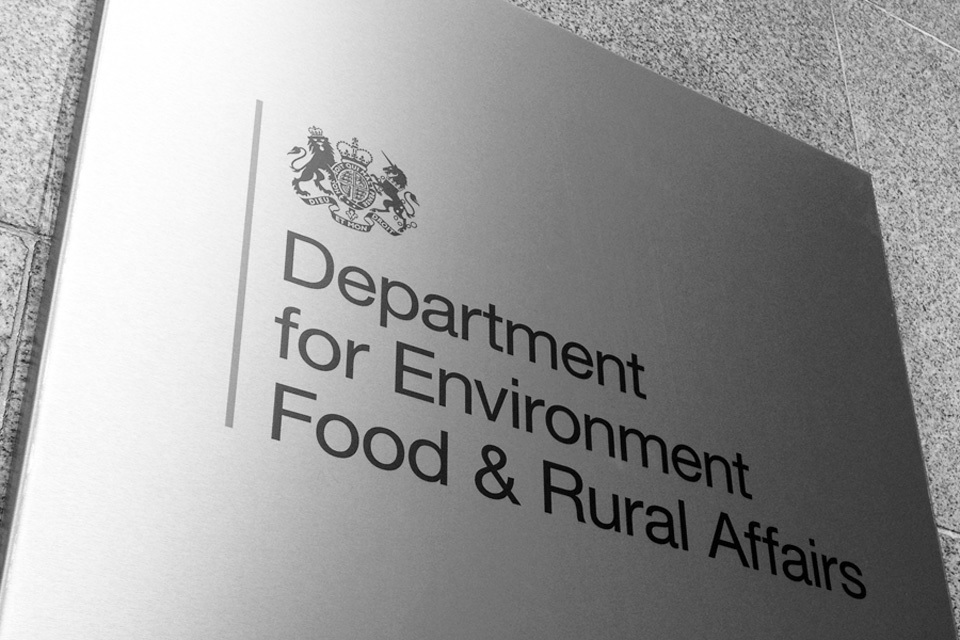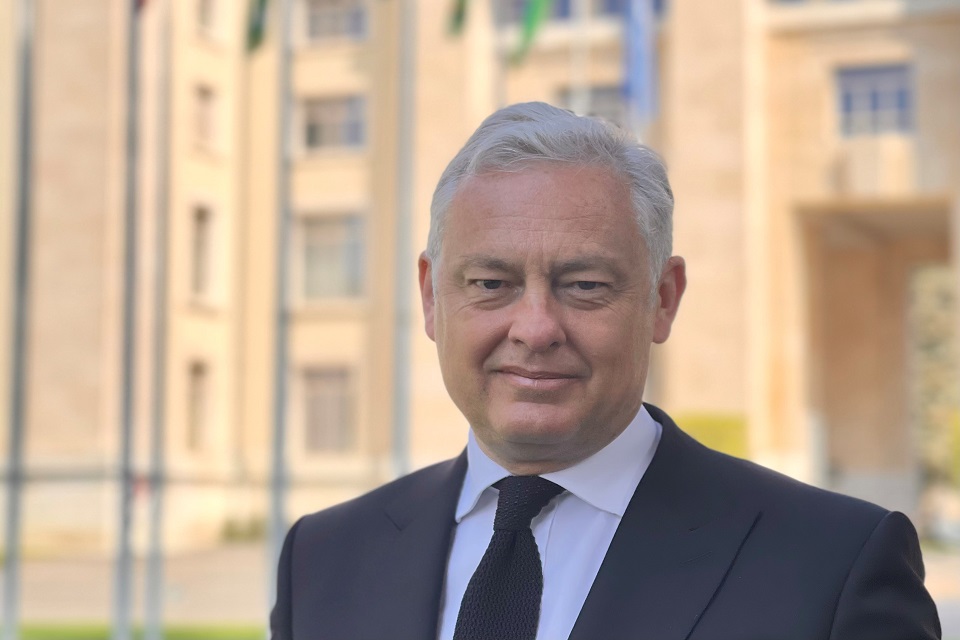The statement underscored the Council’s support to SRSG Abarry and the valuable work of his office in the sub-region.
The United Kingdom also welcomes the SRSG’s close coordination of efforts with his counterparts in the region, namely the SRSG’s of UNOWAS, MONUSCO, MINUSCA and the Special Envoy for the Great Lakes, together that facilitates a coherent approach to common regional challenges.
I will now make three points.
The UK welcomes the continued progress towards Gabon’s political transition, and the SRSG’s efforts in using UNOCA’s good offices to support the recent peaceful referendum.
The UK encourages UNOCA to continue its valuable work as Gabon moves towards presidential elections next year.
Peaceful and credible Presidential elections in 2025 will be an important way for the government of Gabon to continue to deliver for the Gabonese people.
Second, the UK welcomes legislative, provincial and local elections in Chad which will mark the end of the country’s political transition.
Chad has been impacted by the conflict in Sudan, severe flooding and terrorism in recent months.
But even in this challenging time, we urge the government to uphold the principles agreed in the Inclusive Sovereign National Dialogue and to ensure transparent, pluralistic and, above all, peaceful elections.
The end of the transition should mark the beginning, not the end, of Chad’s journey to democracy. The UK will continue to support the government’s resilience and development priorities.
And third, the UK remains concerned by the violence in North-West and South-West regions of Cameroon, and its impact on the lives of civilians. UNOCA is well-placed to support a Cameroonian-led dialogue and ultimately a Cameroonian-led resolution to the conflict.
We are also concerned by the continued threat posed by Islamist groups in Cameroon’s Far North region and across the Lake Chad Basin. We encourage all states in the region to continue coordinating their responses through the Multinational Joint Task Force.
Multinational cooperation remains the most effective way to tackle these groups which pose a common risk to the sub-region.







